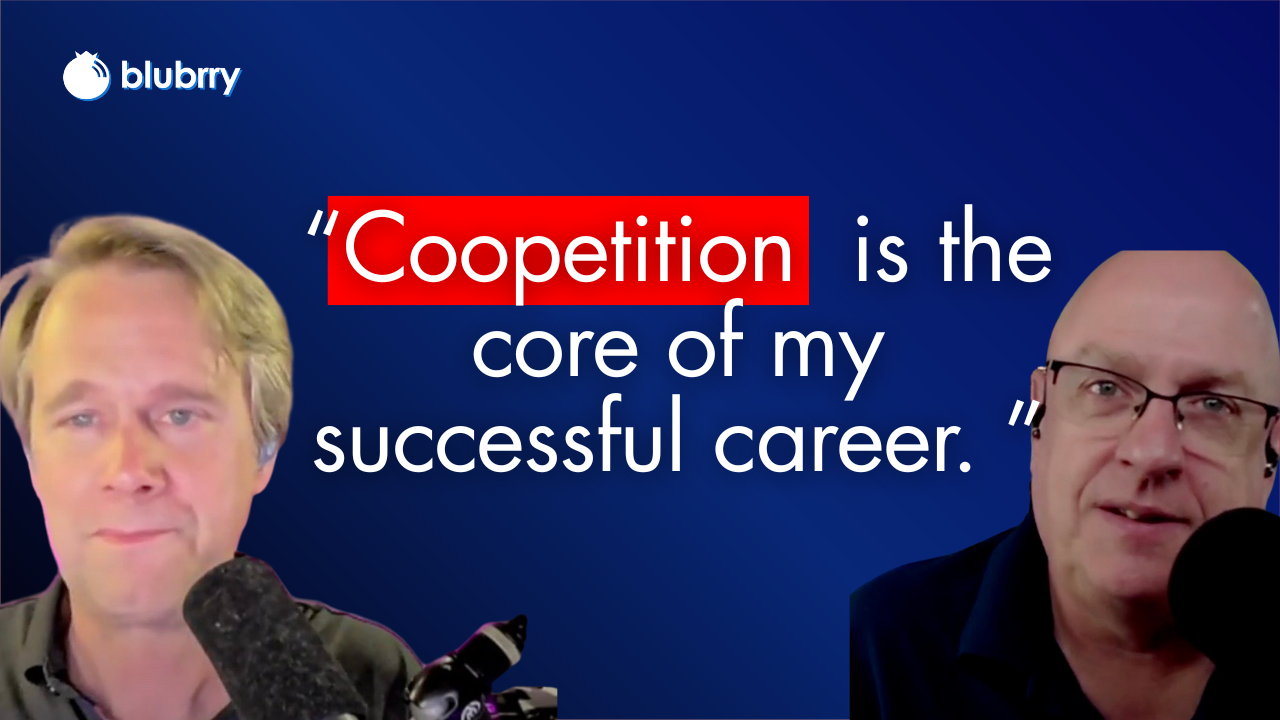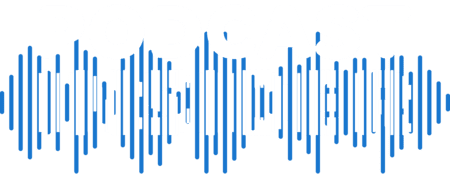 In this special edition of Podcast Insider, Blubrry CEO Todd Cochrane sat down with longtime friend and industry veteran Dave Hamilton, co-founder of Mac Observer and BackBeat Media. Their wide-ranging conversation revisited the early days of podcasting and delved into the ins and outs of podcast advertising — how it’s evolved, what podcasters should expect, and why a personalized approach still matters.
In this special edition of Podcast Insider, Blubrry CEO Todd Cochrane sat down with longtime friend and industry veteran Dave Hamilton, co-founder of Mac Observer and BackBeat Media. Their wide-ranging conversation revisited the early days of podcasting and delved into the ins and outs of podcast advertising — how it’s evolved, what podcasters should expect, and why a personalized approach still matters.
Dave’s podcasting story began in 2005, when he launched Mac Geek Gab, a show that remains strong and is set to celebrate its 20th anniversary. “Mike Dunn from Hearst told me I needed to start a podcast. I didn’t want to host it, but I never handed it off,” Dave recalled. That decision led to podcast ad representation for others and the evolution of BackBeat Media into a powerhouse of personalized advertising solutions.
Todd, whose own deal with GoDaddy helped kickstart Blubrry, praised the spirit of “coopetition” they both embraced. “We were competitors on paper, but it made more sense to share notes. The rising tide really did lift all boats,” Todd said.
BackBeat Media’s success, Dave explained, stems from its dual identity. “I am a podcaster, and I run BackBeat. We’ve built this business to be what I want as a podcaster,” he said. That means clear qualifications, respectful collaborations, and a focus on long-term partnerships, not quick ad churn. “Every host has veto power at every stage,” Dave emphasized. “If you don’t want a sponsor, we don’t want to give you that sponsor. It (would be) bad for everyone.”
 He outlined the ad process for newcomers: “If you’re getting 3,000 to 10,000 downloads per episode, we can talk. Everything works on a rev-share model, and the majority goes to the podcaster.”
He outlined the ad process for newcomers: “If you’re getting 3,000 to 10,000 downloads per episode, we can talk. Everything works on a rev-share model, and the majority goes to the podcaster.”
Once a show is onboarded, BackBeat starts pitching. Hosts are given talking points—“usually a bullet list,” Dave noted — with one required call-to-action line, while the rest stays in the podcaster’s voice.
Todd discussed the benefits of having a buffer between podcasters and advertisers. “You guys being in the middle — that intermediary role — is crucial,” he said. “You know how to talk to the big ad agencies, and that’s not something most podcasters want to do.”
BackBeat’s agility has also allowed it to grow responsibly. “We’re not aiming for a thousand-show network,” Dave said. “We prefer representing around a hundred shows well. That way, we can have real conversations and know your show’s unique opportunities, like YouTube or TikTok integrations.”
Campaign timelines have also changed. “There are test campaigns and core campaigns,” Dave explained. “Test campaigns are usually shorter, 4–6 weeks, to evaluate a show’s performance. If it works, they move to core, longer-term plans.”
For Todd, it’s about trust. “You built systems that work because you still live this. You know the hustle. You understand the vetting, the urgency, and the reality that sometimes a deal appears overnight.”
Dave summed it up perfectly: “This business is both ‘hurry up and wait’ and ‘hurry up then wait.’ That’s why we’re here — to be efficient, responsive, and make it work for everyone involved.”
Their conversation was a reminder that podcasting, despite all its growth, is still rooted in relationships — and that those who honor the craft, the listeners, and the creators are the ones who’ll keep it thriving.





